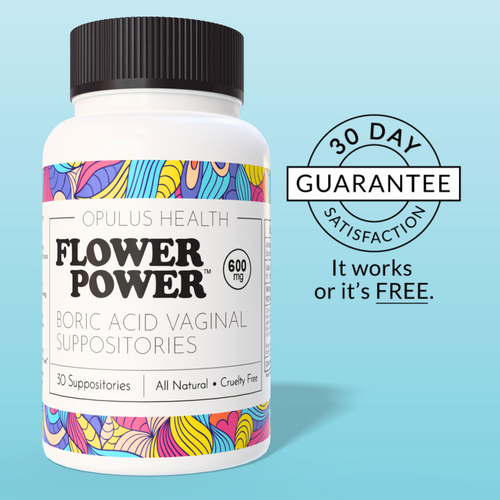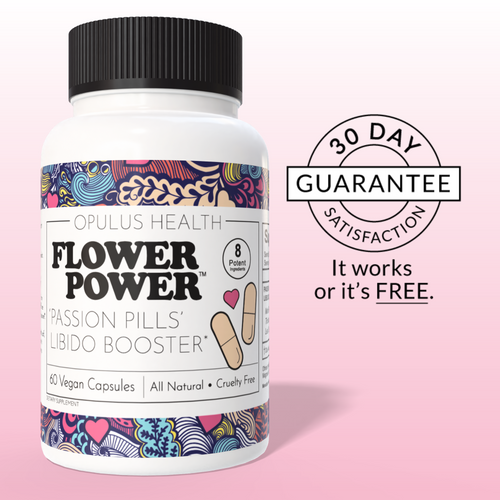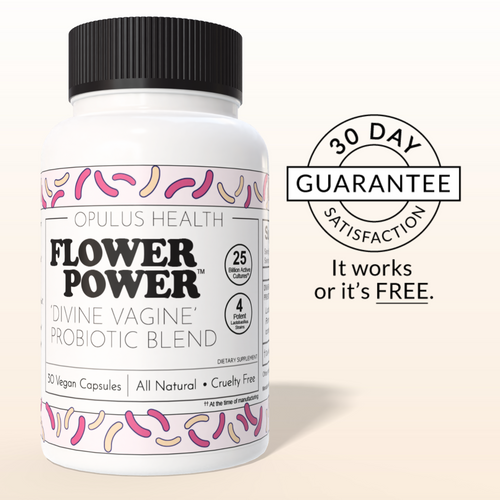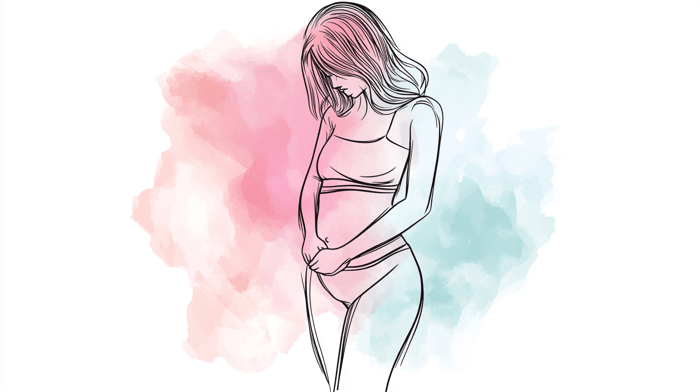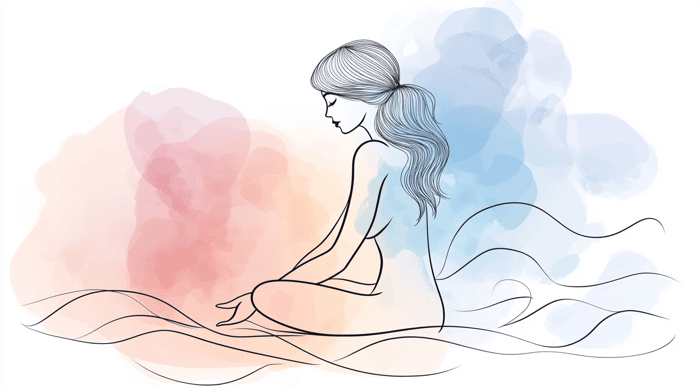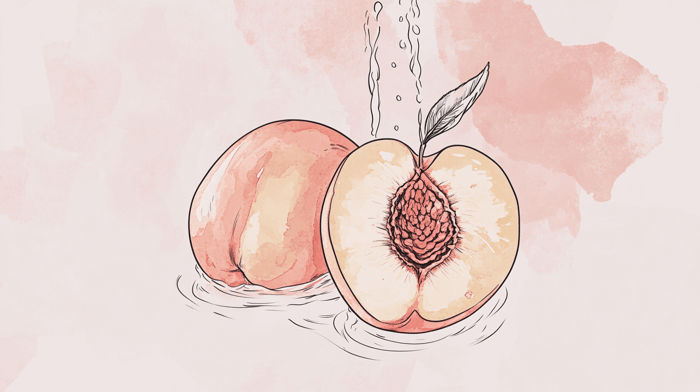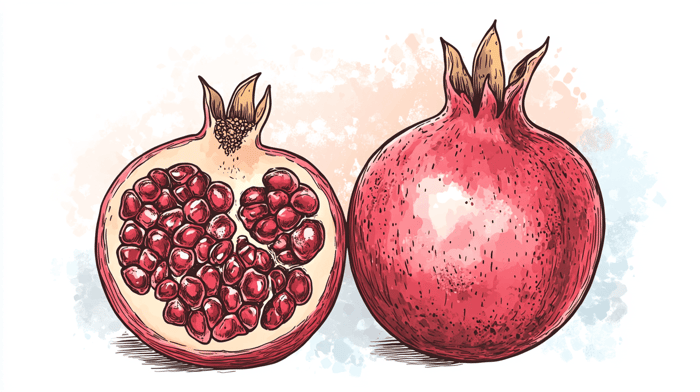Have you ever found yourself in the middle of your day when your lady parts suddenly demand immediate attention? It's uncomfortable, especially when you're out in public and can't excuse yourself. The itch can be distracting and annoying.
Even when you’re alone, the urge to scratch can be overwhelming. But resist that temptation! We'll explain why scratching isn't the answer, plus share causes, home remedies, and medical treatments to get lasting relief.
Pruritus Vulvae: What’s Behind Vaginal Itching?
Pruritus Vulvae is the medical term for vaginal itching. Thankfully, it’s usually a symptom rather than a disease, often indicating that your vagina is reacting to something it doesn’t like. While uncomfortable, it’s manageable.
Common Causes of Vaginal Itching
According to doctors, vaginal itching can be caused by several factors, ranging from minor irritations to infections. Common causes include:
- Yeast infections
- Bacterial vaginosis (BV)
- Hormonal changes
- Menopause
- Sexually Transmitted Infections (STIs)
External factors can also contribute to vaginal irritation. These include:
- Irritants from soaps, deodorants, or detergents
- Douching
- Using irritating laundry detergents
- Skin conditions like dermatitis, psoriasis, or lichen sclerosus
Each woman is unique, and what irritates one person may not bother another. If you experience itching without other symptoms, it’s usually nothing to worry about. However, if the itching persists or comes with discharge or burning, consult your gynecologist.
7 DIY Soothing Remedies That Banish The Itch
Here are seven DIY remedies to try at home to soothe vaginal itching:
- Cool Compress: Use a cold washcloth to apply gentle pressure. This can provide instant relief by calming irritated nerve endings.
- OTC Relief: Over-the-counter hydrocortisone creams offer temporary relief. They help reduce itching but may not solve the underlying issue.
- Try Witch Hazel: With its anti-inflammatory properties, witch hazel can be applied topically. Use with caution and consult a healthcare professional before use.
- Try Coconut Oil: Coconut oil is a natural moisturizer that can soothe dryness and itching. Make sure to use pure, unrefined coconut oil.
- Go Natural: Switch to fragrance-free soaps, detergents, and sanitary products. Chemical-laden products can upset your vagina's microbiome.
- Loose Clothing: Avoid tight clothing and opt for cotton underwear. Let your body breathe, especially at home, to avoid further irritation.
- Probiotics: Probiotics can help balance your vagina’s pH and reduce itchiness. Consider using vaginal health probiotics to maintain a healthy flora.
If the itching persists, it’s best to seek medical advice. Doctors can prescribe medications like antifungals, antibiotics, or topical creams to address the root cause.
Conclusion
Vaginal itching can be uncomfortable, but it's not uncommon. Many solutions are available to help you find relief and regain your confidence. Always listen to your body, and don’t hesitate to reach out to a healthcare professional if needed.

